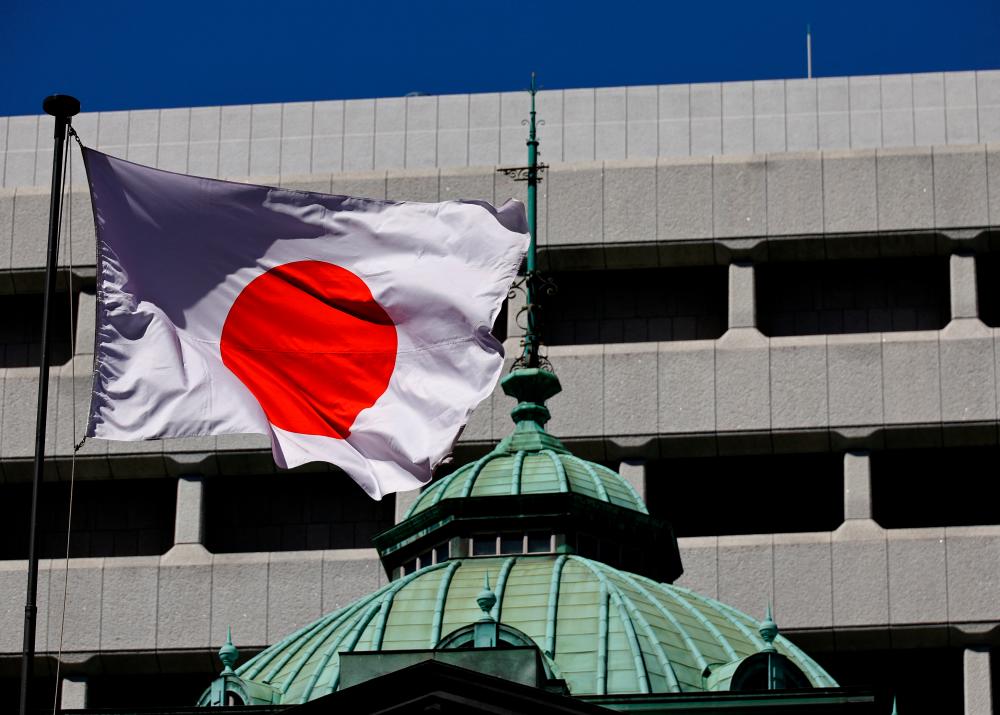The Bank of Japan (BOJ) has made a significant move by ending eight years of negative interest rates and other unconventional policies, signaling a shift away from its radical approach to stimulating economic growth. This decision marks a historic moment as Japan becomes the last major economy to exit negative rates, marking the end of an era characterized by extensive monetary stimulus measures.
Transitioning Towards Normalization
After nearly two decades of massive monetary stimulus efforts aimed at reflating growth, the BOJ has decided to take its first steps towards policy normalization. This move reflects the central bank’s confidence in Japan’s emergence from deflationary pressures. Although this decision marks Japan’s first interest rate hike in 17 years, the rates remain near zero due to the cautious approach necessitated by the fragile economic recovery.
Abandoning Unconventional Policies
As part of its transition, the BOJ has abandoned several unconventional policies. Firstly, it has eliminated the 0.1% charge on excess reserves imposed on financial institutions since 2016. Instead, the BOJ has introduced the overnight call rate as its new policy rate, maintaining it within a range of 0-0.1%. Additionally, the central bank has discontinued yield curve control (YCC), a policy implemented in 2016 to cap long-term interest rates around zero.
Strategic Approach
Despite these changes, the BOJ remains committed to its objectives. It will continue purchasing government bonds at a similar rate as before, with provisions to increase purchases if yields rise rapidly. Moreover, the central bank has decided to halt purchases of risky assets like exchange-traded funds (ETFs) and Japanese real estate investment trusts.
Forward Guidance
Looking ahead, the BOJ has provided forward guidance indicating a moderate approach to future rate hikes. It anticipates maintaining accommodative financial conditions for the time being. This stance contrasts with previous statements that pledged to ramp up stimulus measures until inflation exceeded 2%.
Market Reaction and Implications
The financial markets have reacted with volatility to the BOJ’s decision. The yen depreciated against the dollar, reflecting investors’ interpretation of the central bank’s dovish guidance. Market participants are keenly observing Governor Kazuo Ueda’s post-meeting conference for insights into the pace of future rate adjustments.
The stakes are high for Japan and global markets alike. A significant rise in bond yields could escalate the cost of servicing Japan’s substantial public debt, the largest among advanced economies. Furthermore, the end of Japan’s era of cheap funds may prompt a reallocation of investments, potentially impacting global financial markets.
In conclusion, the Bank of Japan’s decision to end negative interest rates and embrace policy normalization marks a significant milestone in the country’s economic journey. While cautious in its approach, the BOJ’s actions reflect confidence in Japan’s economic prospects and signal a departure from unconventional monetary policies. As the global economy evolves, the implications of Japan’s shift will continue to reverberate across financial markets worldwide.


